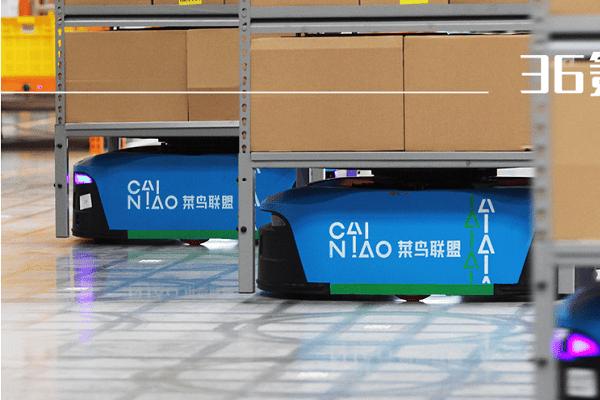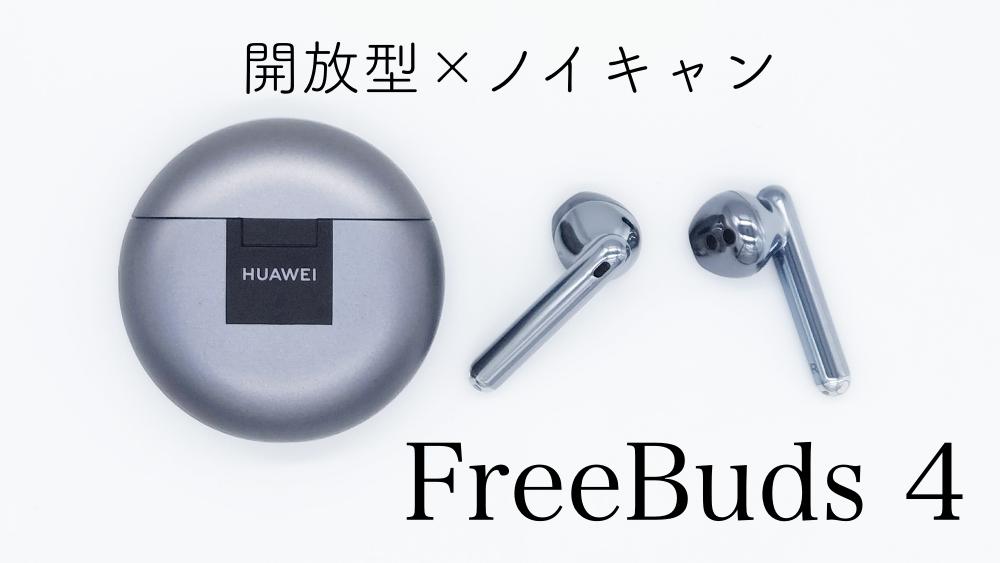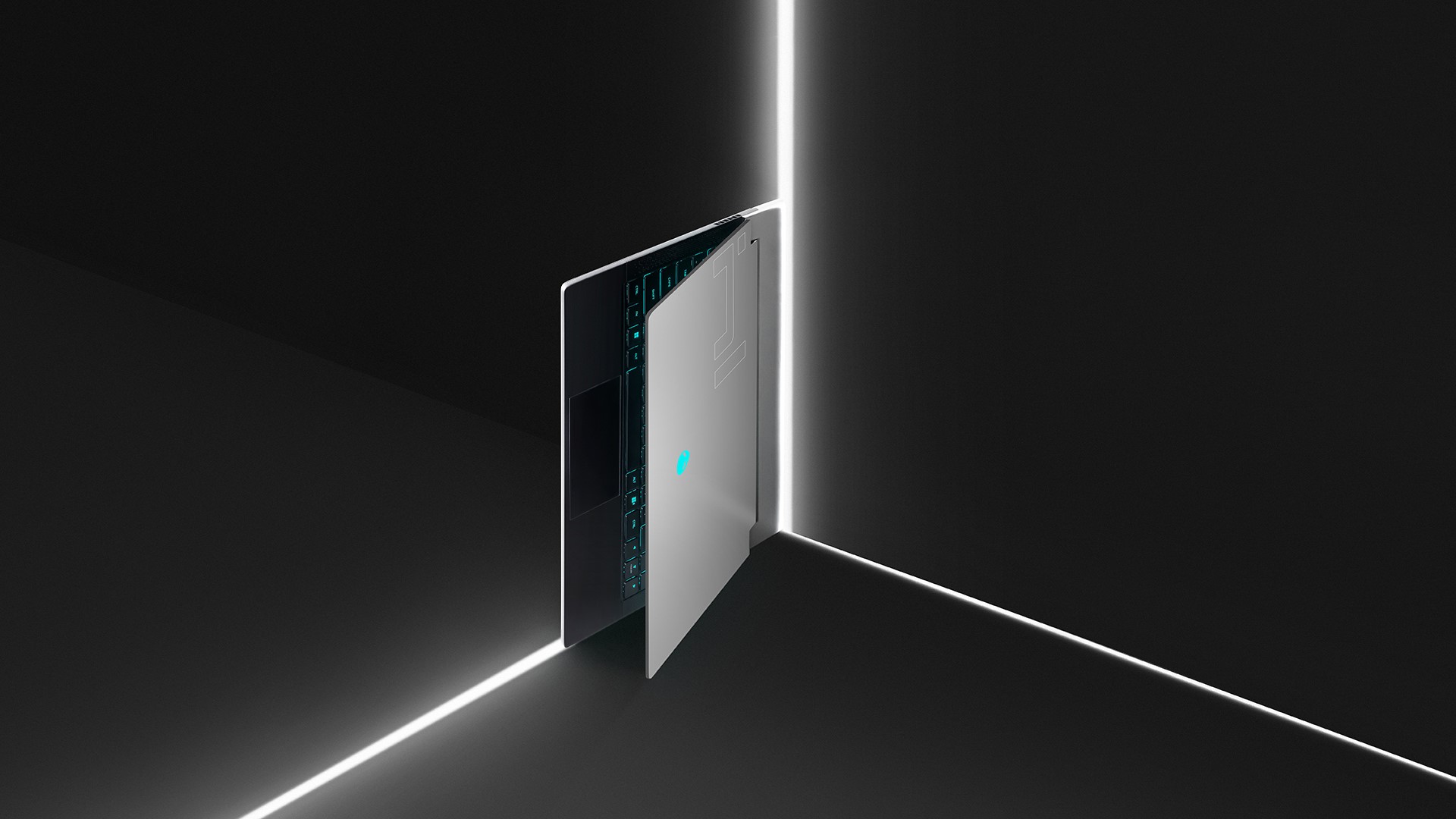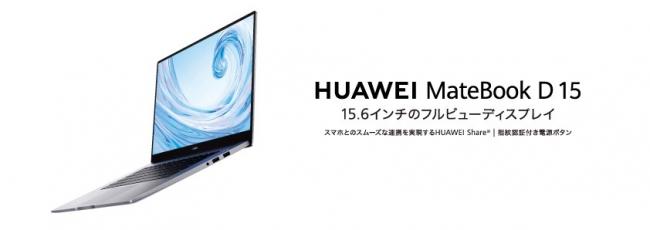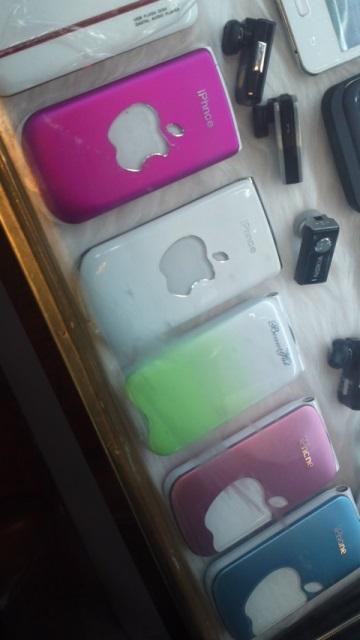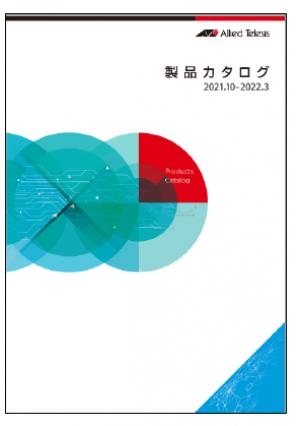The US -China trade war has been mainly developed mainly on raising tariffs.However, in many regions in the United States, the security of networks, in which Huawei (Hua Technology) and ZTE (Chuko Kokusen), a large company in China, provide facilities for a long time.With the 5G future approaching, the United States is pressing small -scale telecommunications carriers to remove and replace all Chinese infrastructure, no matter how much cost is needed.
Proposals that take a drastic review of the $ 8.5 billion benefit requirements for the subsidy "Universal Service Fund" operated by the US Federal Communications Committee (FCC), and to remove all Huawei and ZTE facilities.However, the first agenda in FCC was at the end of October.FCC has unanimously approved the proposal on November 22 (US time), and a small -scale telecommunications carrier has been forced to consider the removal method and cash flow.
Requested exclusion of made in China
AT&T、ベライゾン、Tモバイルといった米国の大手通信事業者は、この潜在的な問題を避けるため、すでに数年前に中国の機器メーカーをネットワークから排除している。しかし、黒字化に苦労しているケースが多い地方の小規模通信事業者は近年、競合メーカーよりも安価なファーウェイやZTEの技術を購入していた。FCCの決定によって、これらの通信事業者は、業界全体で10億ドル以上かかると言われる交換作業を進めなくてはならない。
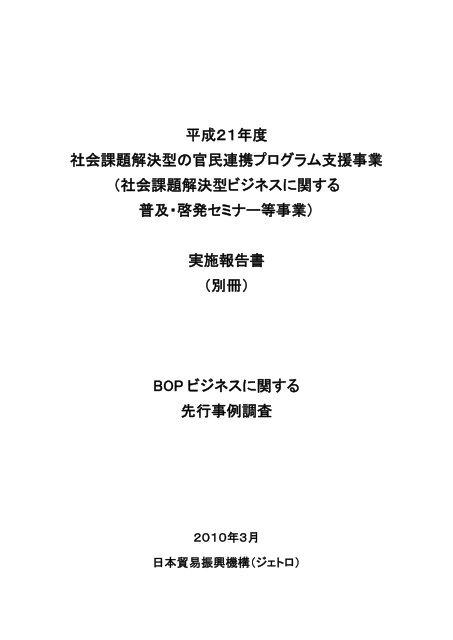
As a movement that could reduce the burden, FCC announced on December 4 (US time) that it will invest $ 9 billion (approximately 986.2 billion yen) in a 5G network in rural areas.Huawei, on the other hand, sued FCC on December 9 (US time).
"This is a very complicated situation," says Side Rafur Hussein, who studies 5G and mobile network security at Paddue University."Local wireless telecommunications carriers may not want to make a new base station in testing and make costs to shift to a new system, but protect security and users' privacy.It costs money. "
Many local telecommunications operators argue that there has never been cyber security issues in Huawei and ZTE products.Similarly, Huawei also emphasizes that US government agencies such as FCC do not show specific evidence that there is actually a threat.
"We basically believe that this is not a fact -based decision, but that FCC has made a quick decision along the pre -defined scenario," said Washington D, a proxy for Huawei..C.Michael Carvin, a partner of Jones Day, a law firm, says."FCC is a correspondence committee, not a national security agency. The questions that FCC should ask is whether or not they provide high -quality services at fair and affordable rates. Huawei is targeted and unfair.I am treated
The WIRED US version asked ZTE to comment, but has not been answered.
The task is the possibility of future threats
However, concerns are not already a problem, but the possibility of future threats, and the Ministry of Justice, Congress, many non -governmental technology companies, and national security are emphasized.
"China's law obliges all companies with jurisdiction to secretly comply with the demands of Chinese intelligence agencies," said FCC Chair, Azit Pie, in October this year.The proposal was announced in October that it would restrict funding to telecommunications carriers who continue to use ZTE equipment.




